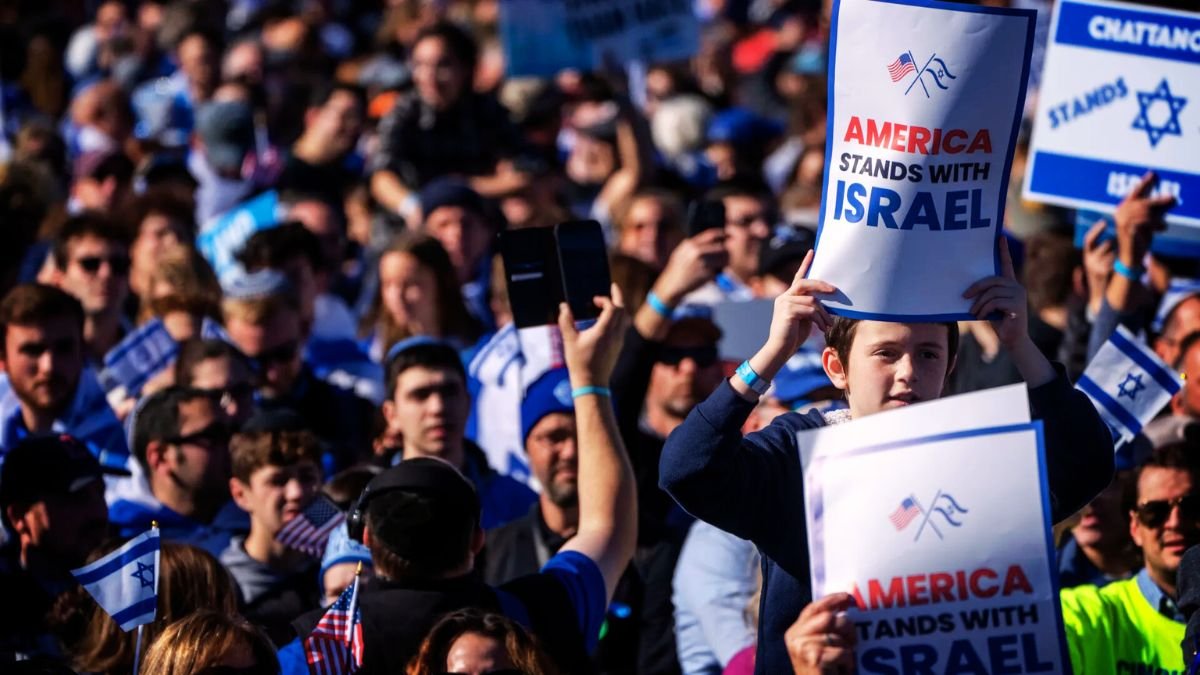Israel Launches ‘Major Strike’ on Hezbollah Sites in Lebanon, Escalating Tensions
The attacks in the Bekaa Valley and southern Lebanon threaten a fragile ceasefire, coming amid renewed internal calls for Hezbollah to disarm.

A significant escalation unfolded in the region on Thursday as the Israeli military conducted a series of airstrikes on multiple areas across Lebanon, shattering a precarious calm and threatening a recent ceasefire agreement. The attacks targeted regions deep within Lebanese territory, far from the southern border where clashes have been more common.
According to Lebanon’s national news agency, at least seven Israeli airstrikes hit towns in the Bekaa Valley and the Baalbek mountain region. Specific locations impacted by the missiles included the outskirts of Brital and Nasiriyah, as well as Tallet al-Sunduq, Jezzine’s Jarmak, and the Mahmoudiya and Khardali areas. In a separate attack in the southern region of Ghaziyah, a warehouse was reportedly set ablaze.
Confirming the operation, Israeli Defense Minister Yoav Galant framed the mission as a direct and necessary blow to Hezbollah’s capabilities. As reported by Israel’s Channel 12, Galant called it a “major strike on Hezbollah’s largest precision missile production site in Lebanon.” He issued a stern warning, stating, “The terrorist organization’s attempts to re-establish itself, change its position and threaten will be met with a strong response.”
Internal Pressures and Calls for Disarmament
The timing of the Israeli operation is particularly notable, as it comes amid intense political discourse within Lebanon regarding Hezbollah’s arsenal. Just before the strikes, Lebanese President Joseph Aoun had reiterated his appeal for Hezbollah fighters to integrate into the national framework by handing their weapons over to the Lebanese army.
“Lebanon will take control of its entire territory,” Aoun stated in a televised speech, emphasizing his desire to protect the nation’s sovereignty. “For the thousandth time, I assure you that my concern for keeping a monopoly on weapons stems from my concern to protect Lebanon’s sovereignty and borders.” While making this appeal, Aoun also acknowledged Hezbollah’s supporters as an “essential pillar of society,” highlighting the complex and delicate political balance in the country.
However, these calls for disarmament, which align with growing pressure from the United States, have been firmly rejected by Hezbollah’s leadership. On Wednesday, Hezbollah chief Naim Qassem declared that such demands serve Israel’s agenda. “Anyone who is calling for the surrender of weapons today, whether internally or externally, on the Arab or international stage, is serving the Israeli project,” he said.
A Fractured Ceasefire
The cross-border conflict between Israel and Hezbollah reignited on October 8, 2023, when the Lebanese group launched attacks in solidarity with Hamas during the war in Gaza. A ceasefire agreement was reached in November, which stipulated that Hezbollah would withdraw its forces north of the Litani River in exchange for a full withdrawal of Israeli troops from Lebanese territory.
Despite the deal, tensions have remained high. This latest wave of Israeli airstrikes is being described as a major violation of the agreement. Furthermore, reports indicate that Israel has not fully withdrawn its own troops, maintaining a presence in at least five strategic areas within Lebanon, further undermining the ceasefire. Thursday’s events underscore the fragility of the truce and raise concerns about the potential for a wider, more devastating conflict.






